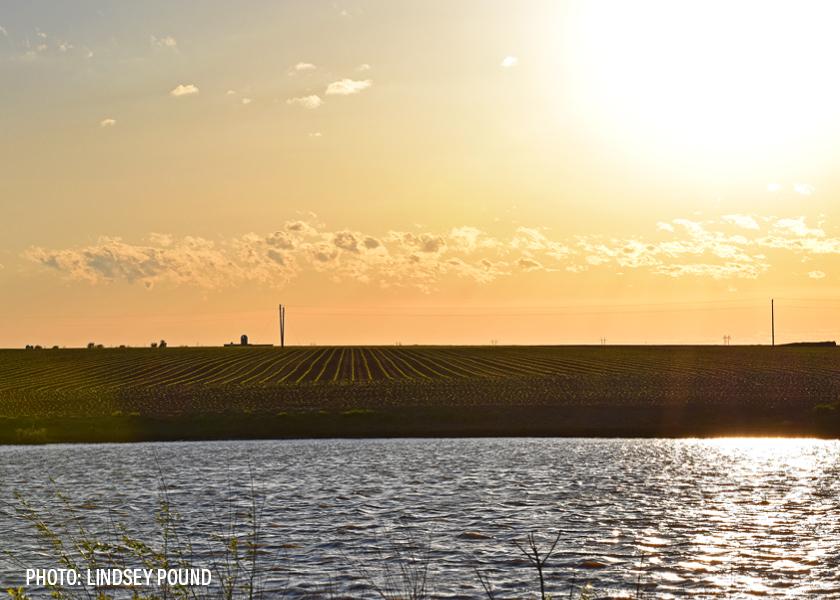Kentucky Joins Band of States Blocking WOTUS

Kentucky joined the band of states blocking the Biden administration’s Waters of the U.S. (WOTUS) definition on Thursday after an appeals court issued a freeze on the rule until May 10—when the court will decide whether it will issue a formal injunction.
Kentucky is the 27th state to put a wall up against the legislation. If the state moves to file an injunction, it will mirror the latest North Dakota ruling issued two weeks ago.
Why are so many state courts allowing a block of the rule?
The Problem with WOTUS
The latest WOTUS definition—put into motion by the Biden administration on March 20—has been met with a wave of backlash from the ag industry for its “overreaching” jurisdiction.
Under the current rule, the following bodies of water are considered WOTUS and therefore subject to federal regulation:
• Traditional navigable waters
• Tributaries that contribute perennial or intermittent flow to such waters
• Certain ditches that meet specific criteria related to flow and function
• Certain lakes and ponds
• Impoundments of otherwise jurisdictional waters
• Wetlands that are adjacent to jurisdictional waters
Related article: What’s Wrong with the Current Waters of the U.S. Rule?
According to stakeholders and legislative officials, like Sen. Mitch McConnell (R-Ky.), the policy will force farmers to navigate a “costly and time-consuming” permit process or bring government penalties. He shared his contempt for the “radical” WOTUS rule in a statement following Kentucky’s block.
“EPA’s expanded definition would classify nearly all wetlands as ‘navigable’ waters and thus subject to federal government interference,” McConnell said. “This would give federal bureaucrats in Washington sweeping control over just about every piece of land that touches a pothole, ditch, or puddle in Kentucky.”
What's Next?
EPA countered Kentucky’s move, asking the court to make clear that the latest rule does not apply nationwide.
The ongoing WOTUS matter will ultimately be settled in the Supreme Court, with a ruling expected by June.







